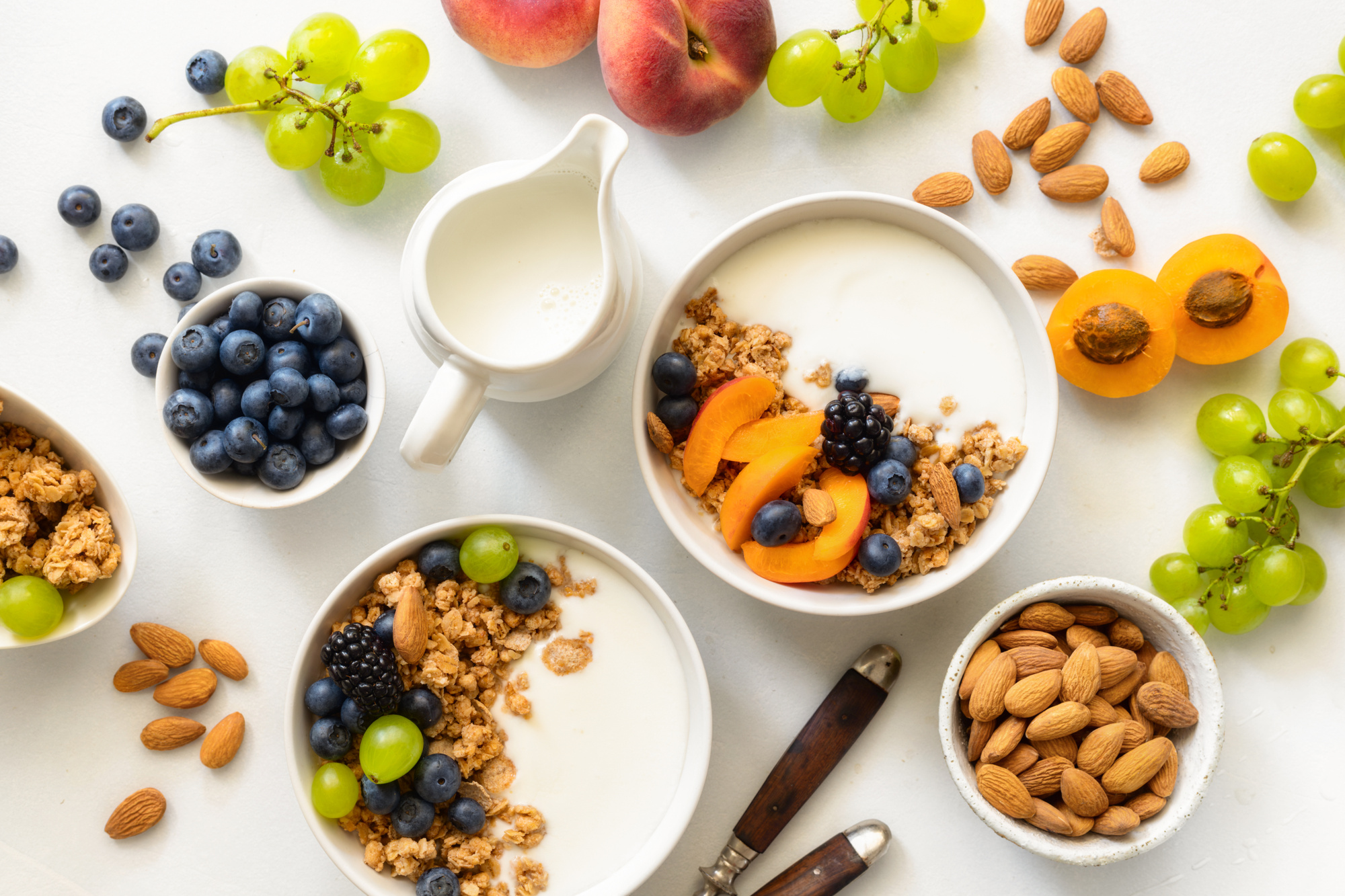Nutrition plays a crucial role in boosting workout performance, directly impacting energy levels, endurance, and recovery. A well-balanced diet can significantly enhance the efficiency and results of your exercise regimen.
This article delves into key aspects of sports nutrition, including what to eat before, during, and after workouts, and the importance of hydration. It also guides you in tailoring your diet to your specific fitness goals, while avoiding common nutritional mistakes.
- Understanding The Basics Of Sports Nutrition
Sports nutrition is the strategic planning of diet to enhance athletic performance. It focuses on consuming the right types and amounts of food and drinks at appropriate times to fuel physical activity. This approach is essential for athletes at all levels, as it directly influences energy, endurance, and recovery.
Balancing macronutrients is fundamental in sports nutrition. Carbohydrates are the primary energy source, especially for high-intensity activities, while proteins are vital for muscle repair and growth. Fats, often underestimated, provide long-term energy and support cell function. Understanding and managing these macronutrients can drastically improve performance.
Hydration is equally critical, as even mild dehydration can impair performance and cognitive function. Athletes should consistently hydrate before, during, and after exercise. For on-the-go nutrition, meal replacement shakes are effective, ensuring balanced nutrient intake during hectic days or for post-workout recovery.
- Pre-Workout Nutrition
Pre-workout meals fuel your body for optimal performance during exercise. Eating the right foods at the right time ignites your energy levels, enhances your endurance, and prepares your muscles for the upcoming physical exertion. A carefully chosen pre-workout meal can make a significant difference in how you feel and perform during your workout.
For energy optimization, consume a balance of carbohydrates and proteins about 30 to 60 minutes before exercising. Carbohydrates provide quick energy, while proteins contribute to muscle strength and prevent muscle breakdown. Ideal choices include oatmeal with fruits, a banana with peanut butter, or a smoothie with whey protein. These combinations offer sustained energy and support muscle function.
- Nutrition During Workouts
Maintaining hydration during workouts is vital for peak performance and overall health. Regular intake of fluids prevents dehydration, which can lead to decreased endurance, increased fatigue, and impaired judgment. A good practice is to drink water before you feel thirsty, especially during prolonged or intense exercise sessions.
Electrolytes, such as sodium, potassium, and magnesium, are crucial for maintaining hydration and muscle function. They regulate nerve signals and muscle contractions, essential for performance. For extended workouts, consider drinks that replenish electrolytes. Quick energy sources like energy gels or fruits can be beneficial during long sessions, providing immediate glucose for sustained energy without overburdening the digestive system.
- Post-Workout Nutrition
Recovery nutrition is a crucial aspect of any fitness regimen, aiding in muscle repair and replenishing energy stores depleted during a workout. Consuming the right nutrients after exercise can reduce muscle soreness, speed up recovery, and enhance overall performance. It is essential to refuel within 45 minutes to an hour post-exercise, as this time frame is optimal for nutrient absorption.
An ideal post-workout meal or snack should contain a mix of carbohydrates and proteins in a ratio of about 3:1. This combination helps restore glycogen levels and repair muscle tissues. Effective options include a protein shake with a banana, Greek yogurt with berries and granola, or a chicken and vegetable stir-fry with brown rice. These meals provide the necessary balance of nutrients to support recovery and prepare your body for the next workout.

- Tailoring Your Diet To Specific Fitness Goals
Tailoring your diet to align with specific fitness goals is key to achieving desired results. For weight loss, focus on a calorie deficit while ensuring a balanced intake of nutrients. High-protein, fiber-rich foods can help in feeling fuller for longer. In contrast, muscle gain requires a calorie surplus with a higher protein intake to support muscle repair and growth. Incorporating lean meats, dairy, and legumes, along with strength training, will aid in building muscle mass.
Endurance athletes, such as runners or cyclists, need a diet rich in carbohydrates for sustained energy. Complex carbs like whole grains and starchy vegetables are essential. Strength athletes, like weightlifters, should prioritize protein for muscle repair and healthy fats for joint health and energy.
For those with dietary restrictions or preferences, such as vegan, gluten-free, or ketogenic diets, it’s important to find alternative sources of essential nutrients. For example, vegans can rely on plant-based proteins, while those on ketogenic diets should focus on high-fat, low-carb foods.
- Common Nutritional Pitfalls To Avoid
Achieving the best results from your workout routine involves not just what you eat, but also what you avoid. Certain nutritional missteps can hinder your performance and progress.
- Under-Fueling Your Body
Not consuming enough calories or nutrients can lead to decreased energy, poor recovery, and even muscle loss. It’s essential to fuel your body adequately for both the energy demands of your workouts and recovery.
- Over-Reliance On Supplements
While supplements can be beneficial, they shouldn’t replace whole foods. Whole foods offer a complex range of nutrients and dietary fibers that are vital for health, which supplements alone cannot provide.
- Consuming Processed And Sugary Foods
These can lead to energy spikes and crashes, negatively impacting your workout performance and overall health. Foods high in added sugars and unhealthy fats can also lead to long-term health issues.
- Irregular Meal Timing And Frequency
Inconsistent eating habits can disrupt your body’s energy levels, affecting workout performance and recovery. Regular, balanced meals help maintain a consistent energy supply and support muscle repair.
Avoiding these pitfalls is as important as following a well-planned nutrition strategy. By focusing on nutritious, whole foods and maintaining a balanced diet, you’ll be better equipped to meet your fitness goals.
Conclusion
Optimizing your nutrition is a continuous journey that enhances both your workout performance and overall well-being. It requires attention to detail, a willingness to adapt, and a deep understanding of your body’s unique needs. Embrace this journey with enthusiasm, and watch as your fitness and health reach new heights.
















